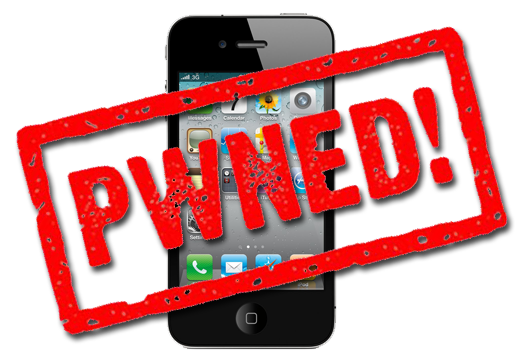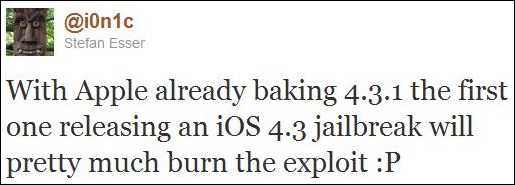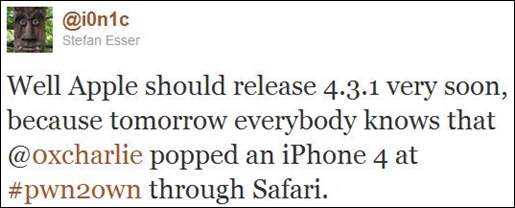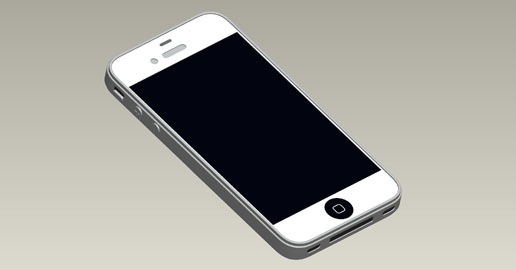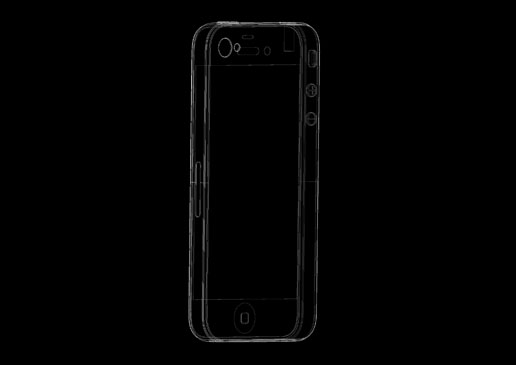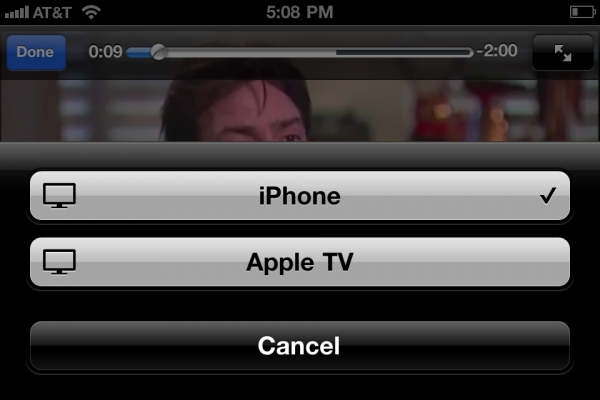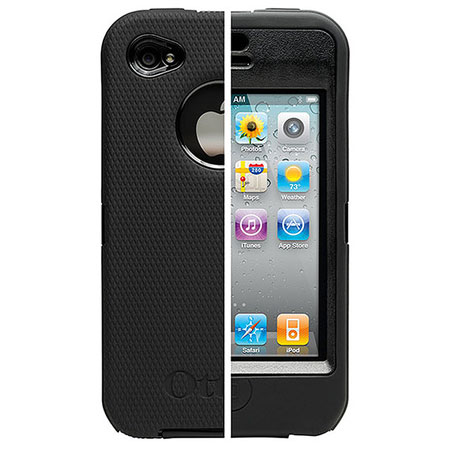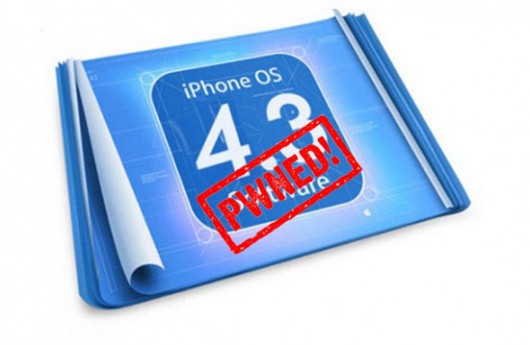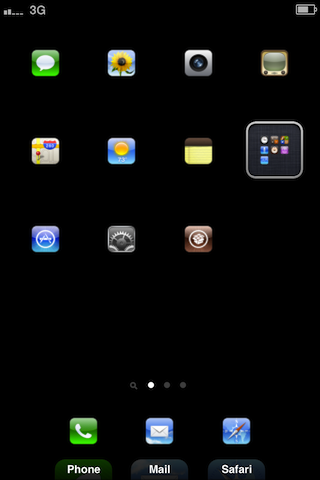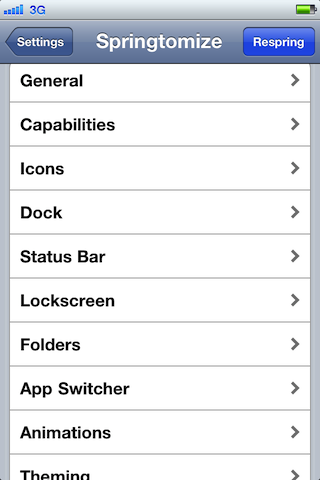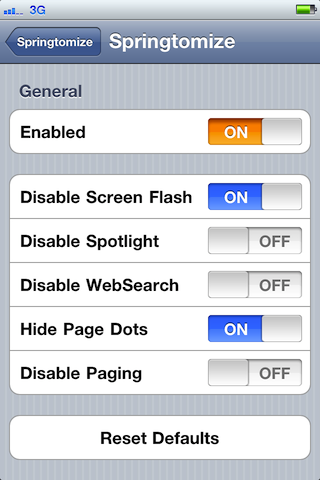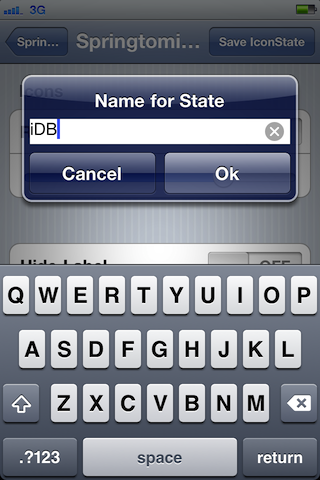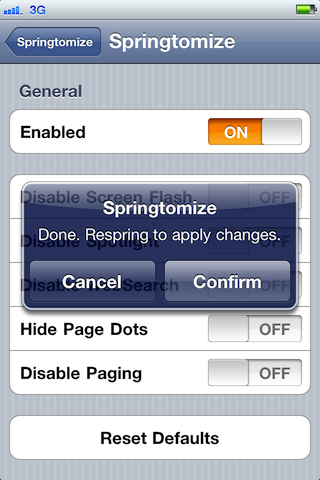
As Apple prepares for the launch of the
iPhone 5 this summer, the company finds itself in the odd position of needing to contend with a mainstream competitor which should never have existed. The
iPhone is still the only smartphone which anyone outside of geek circles cares about, but it’s far from the only smartphone in popular use. The long-languishing BlackBerry is losing marketshare and has become the AOL of its industry. Microsoft’s Windows Phone 7 is as obscure as Windows itself is mainstream. The HP Palm Pre doesn’t have a chance. The iPhone still has no competition except for one platform, which has roared into popular usage in much the same way cockroaches take over a house: unwanted, ugly, and leaving most folks eager to rid themselves of it if feasible.
Apple’s mistake, of course, was in
launching the iPhone in such a manner in which the door for a cockroach like the Droid was left wide open, a vacuum to be filled by anything which came along, and now Apple is left cleaning up its own mess as it heads into the
iPhone 5 era.
Features and specs aren’t the
iPhone’s problem and never have been. Outside of geek circles, the only segment of the population which actually prefers the Android OS to the iPhone, no one cares that there are Android phones available with built in 4G. Come to think of it, almost no one cares that the iPhone has FaceTime either. Greater than ninety-nine percent of smartphone owners can’t name the processor speed of their phone or that of any other phones they may have considered. Usability, more specifically a positive ratio of frustration-free use to frustration-filled geekiness, is the only real litmus test the mainstream has when it comes to such devices. It’s why the iPod won the MP3 marketshare battle hands down. It’s why the iPad is doing the same in the tablet market. But because of an
iPhone original sin, Apple embarks on the
iPhone 5 era with a fraction of the marketshare it should have, and more problematically, a statistically significant competing platform in Android which almost no one (outside of the geeks) has anything positive to say about, but which plenty of them are willing to settle for if it means being able to stay with their preferred carrier.
For a brief moment there, it appeared Apple was going to win the battle when it came to making the iPhone an AT&T-only product in the United States (and tying the iPhone to one carrier in each other nation) in the hopes of getting the public to mass migrate to that carrier. But even as Verizon’s internals show that was bleeding enough customers to AT&T over the iPhone prior to the Verizon iPhone 4 launch that the carrier’s growth had all but stalled out, that was more of a defeat for Verizon than it was a victory for Apple. Even as each
non-iPhone carrier got its lunch individually eaten by the AT&T and the iPhone, with each carrier’s pet Android phone not being enough to keep customers from leaving in favor of the iPhone, that hasn’t been enough to keep the iPhone firmly atop the overall marketshare battle. And that’s shocking when one considers that none out of ten random non-geek consumers on the street will affirm that they want an iPhone, but perhaps only three out of ten actually have one. Ask why they’re using an Android based phone instead of the iPhone they say they want, their answer is straightforward and has nothing to do with Android. “I’m on Sprint,” they’ll say, as if that’s not a condition which can be corrected. “Our family uses T-Mobile,” they’ll protest, making it clear that they’d rather have a phone they can’t stand than a carrier they can’t trust. “I’m on Verizon,” they’ll retort, “and I skipped the
Verizon iPhone 4 because it’s old news and I’m not eligible for upgrade pricing yet anyway. I’m waiting for the
Verizon iPhone 5.”
So half the battle is won. The mass migration among Verizon customers from the Droid to the iPhone has begun in earnest, and will evolve into a tidal wave the moment the
iPhone 5 surfaces. But if Apple wants to actually win the smartphone marketshare battle instead of continuing to fumble it away, the iPhone 5 must surface on Sprint and T-Mobile as well, along with every major carrier in every nation in which the
iPhone 5 is offered. Years ago, it was a cute experiment to see whether Apple could use the leverage of exclusivity to motivate AT&T into becoming a carrier which iPhone users could be proud of. The results of that long term experiment speak for themselves. And now Apple must deal with a competing platform which no one seems to even like but which far too many people appear to be perfectly willing to settle for. Here’s
more on the iPhone 5.
[via beatweek]
















